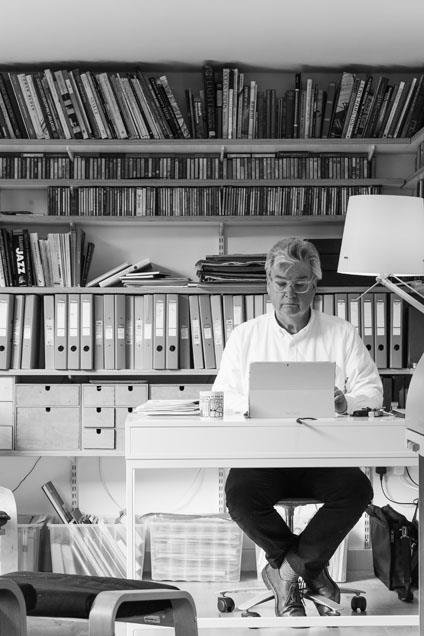Mutual recognition of qualifications ‘essential to profession’
European architects have backed the RIBA in urging Brexit negotiators to protect mutual recognition of professional qualifications after Britain leaves the EU.

Protecting the status quo is vital to preserving the pre-eminence of the profession across the continent and its ability to attract the best talent, said Ben Derbyshire, president of the RIBA.
The general assembly of the Architects’ Council of Europe unanimously approved an RIBA motion calling on the council’s (ACE) member organisations to fight for cross-border recognition of professional qualifications (MRPQ), and calls on the European Commission and the UK government to continue to recognise each other’s qualifications after Brexit.
Derbyshire said ACE’s unanimous decision illustrated the strength of feeling across the profession and “sent a clear message” to negotiators on both sides of the Channel.
It also demonstrated the importance of the matter for a “global profession concerned with attracting and retaining the best talent”.
He added: “We are now calling on the European Commission and parliament and the UK government to commit to replicating the provisions of the professional qualifications directive in the Brexit negotiations.
“It is vital that EU and UK architects can continue to enjoy the benefits of mutual recognition of professional qualifications after the UK leaves the EU.”
A recent RIBA survey showed architects are concerned that when the UK leaves the EU practices will find it harder to recruit and retain the best talent. This will, in turn, undermine Europe’s reputation for quality and professionalism in architecture around the world, said Derbyshire.
ACE represents the interests of more than 565,000 architects from 31 countries in Europe through its 43 member organisations which are the national regulatory and professional representative bodies in the EU member states, the accession countries, Switzerland and Norway.
What is MRPQ?
MRPQ permits the mobility of professionals within Europe, allowing them to move freely and practice their occupation or provide services abroad. Previously, an architect, doctor or lawyer looking to work in another country would need to go through a complex process of validation – and in many cases requalification – before they could take up a job. MRPQ simplifies this process and significantly reduces the barriers to the movement of skilled professionals, while enabling architectural practices to benefit from the best talent from across Europe.
Source: RIBA













3 Readers' comments